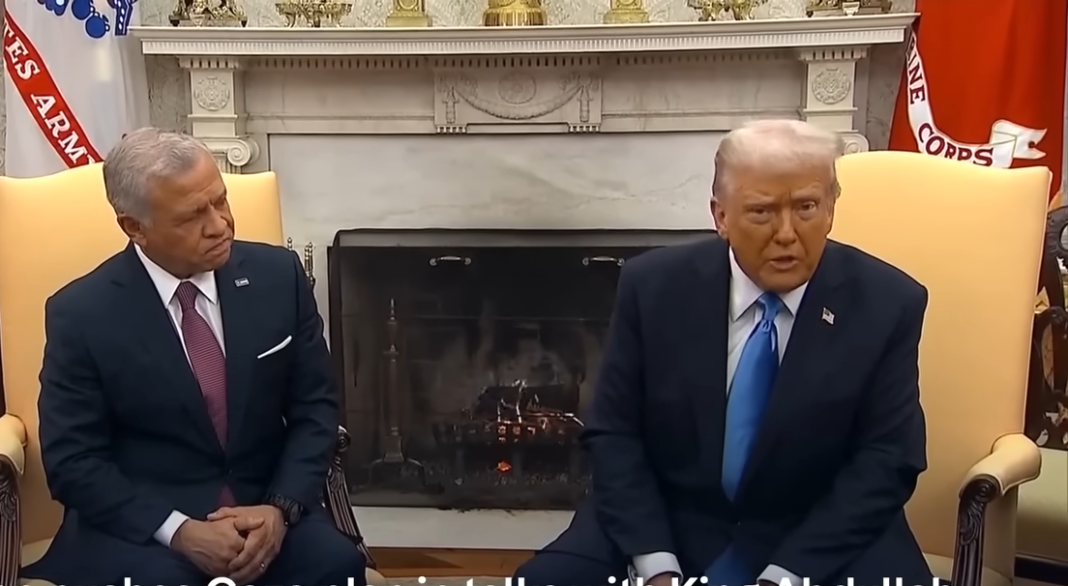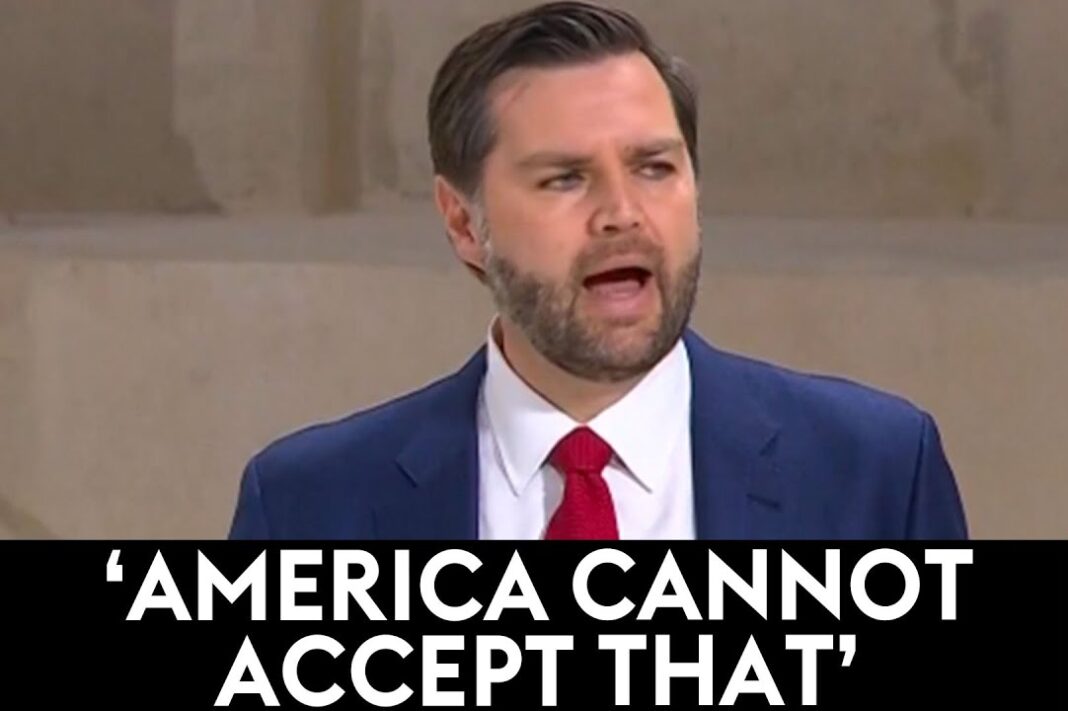Former U.S. President Donald Trump has doubled down on his controversial plan for the U.S. to take control of Gaza. Following a White House meeting with Jordan’s King Abdullah, Trump restated his belief that Gazans would voluntarily relocate to Jordan and Egypt.
Trump’s Vision for Gaza: Real Estate or Diplomacy?
During his remarks, Trump called Gaza a “war-torn area” but claimed it could become an economic asset. His plan includes:
- U.S. administration over Gaza to ensure peace.
- Job creation for the Middle East.
- Encouraging Gazans to relocate to Jordan and Egypt.
Trump argued that such a move would prevent future conflicts and establish stability in the region. However, his remarks were met with widespread rejection.
Jordan and Egypt’s Firm Opposition
Arab states, particularly Jordan and Egypt, remain adamantly opposed to any forced displacement of Palestinians. Their stance is clear:
- Palestinians have a right to stay in Palestine.
- Forcible relocation would destabilize Arab nations.
- Complying with Trump’s plan could weaken their governments’ legitimacy.
A forced removal of Gazans, many argue, would amount to a second Nakba (catastrophic displacement), triggering massive unrest in the region.
Analysts Warn of Regional Chaos
Experts believe Trump’s plan is impractical and unrealistic. Political analysts and human rights representatives argue:
- Forcible displacement of Palestinians would be a war crime under the Geneva Convention.
- The proposal could ignite further instability in Egypt and Jordan.
- Israel and Western allies might also struggle with the diplomatic backlash.
What is Trump’s Real Motive?
Trump’s insistence on the plan raises questions about his actual intentions. Experts suggest possible motives:
- Diplomatic Leverage: Trump may be using the proposal to pressure Jordan and Egypt into cooperating on Gaza-related issues.
- Political Distraction: The controversy could divert attention from other U.S. domestic or foreign policy concerns.
- Right-Wing Support: Trump might be appeasing far-right elements in Israel, especially those opposing previous ceasefires.
- Negotiation Tactics: Pushing an extreme stance could be a way to secure more concessions before backtracking.
Future Predictions and Regional Implications
If Trump’s proposal gains traction, the following consequences may unfold:
- Increased tension between Arab nations and the U.S.
- Stronger diplomatic pushback from Middle Eastern leaders.
- More pressure on Israel to clarify its stance.
- Potential escalations in protests and resistance movements.
- Greater scrutiny on U.S. foreign policy under Trump’s leadership.
Middle Eastern stability depends on diplomatic solutions rather than forced resettlements. Any future U.S. administration will likely face significant backlash if it attempts to implement Trump’s plan.
Disclaimer
This article is based on publicly available reports and expert opinions. Statements made by political leaders are subject to change, and further developments may impact outcomes.
Dr. Noah Alvarado is a global economist specializing in international trade policies and macroeconomic analysis. His research has been published in prominent journals.




